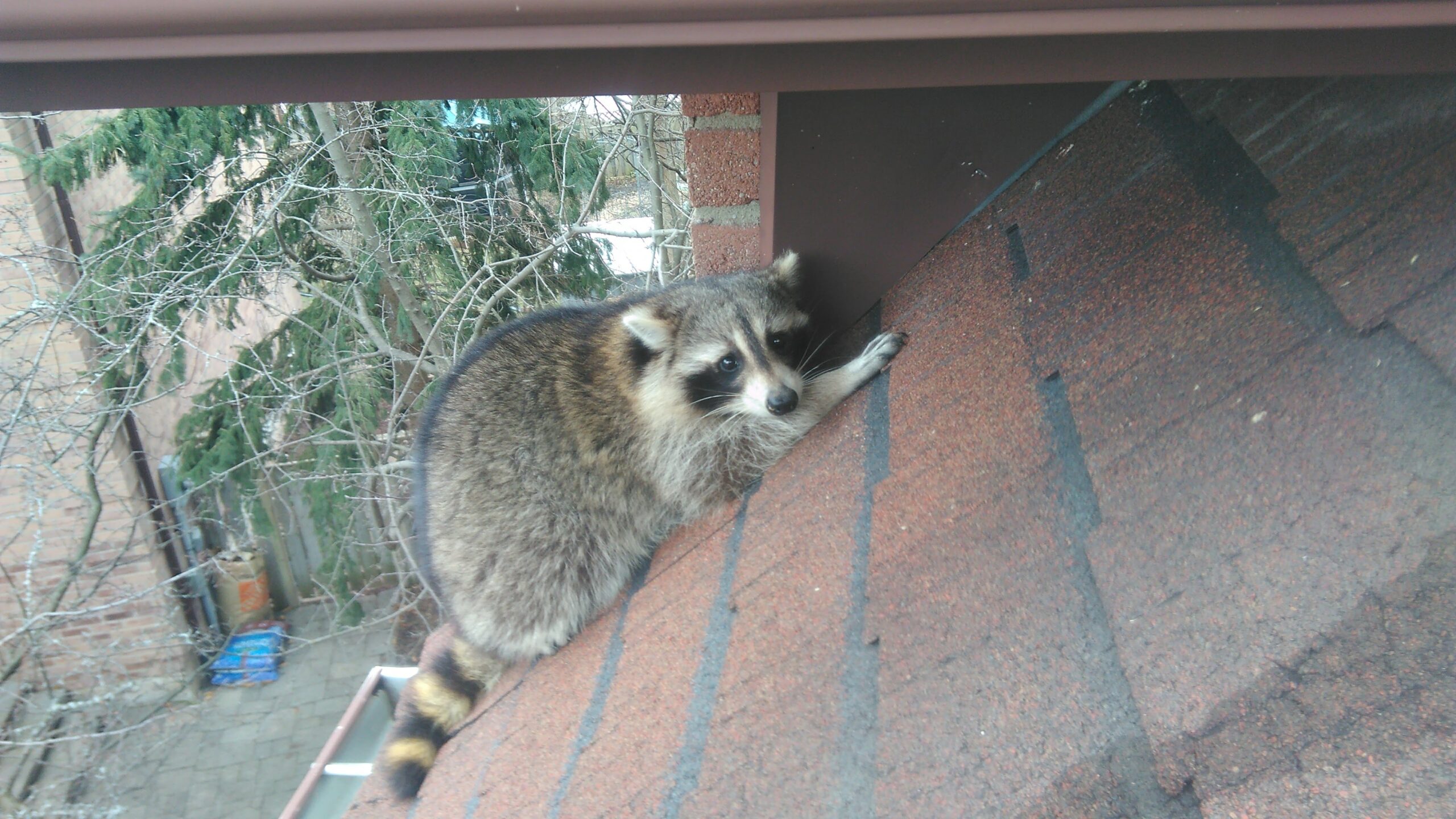If you live in an urban area, you have likely been told that raccoons are virtually living garbage disposal units, capable of consuming pretty much anything in their paths. You may also have seen videos of Ill-informed YouTubers feeding processed food to hordes of raccoons from their porch front video studios. Though popular ideas about raccoon diets suggest that it is possible and even advisable to feed raccoons, doing so can be harmful to both you and your masked neighbours. Habituated animals may become reliant on handouts, necessitating otherwise unneeded raccoon control measures.
Raccoons and Feeding
In an urban area, it is always best to avoid feeding wildlife, whether intentionally or inadvertently. While you may think that you are helping animals by providing them easy access to nourishment, those that become comfortable around humans can be reported by less animal-friendly neighbours or city officials. Since habituated carnivores are more likely to bite young children or smaller adults, officials often kill them for exhibiting this behaviour.
Wildlife removal in Newmarket and greater Southern Ontario is becoming increasingly busy removing raccoons that have been fed by people from residential areas. Further, many of the foods that humans consider innocuous can be harmful or even deadly to raccoons. For these reasons, you should always keep trash lids tightly shut and stored away from entrances to your home. Be sure to keep these foods well away from raccoons and other local wildlife:
1. Chocolate, Cocoa and Coffee
Like dogs, raccoons cannot eat chocolate, cocoa or coffee. Everyone knows that these products contain caffeine, a stimulant that can increase human heart rates. You may not be aware, however, of a component called theobromine that is responsible for speeding up animals’ heart rates and even causing extreme nervous system distress. This not only endangered animals, but it modifies their behaviour, causing increased aggression and activity.
2. Avocado and Guacamole
Avocados and guacamole are becoming popular with human health food enthusiasts, but they aren’t great for raccoons. Any food containing avocados also contains a persin, a fungicidal toxin that can cause vomiting, diarrhea and heart problems.
3. Onions, Garlic and Spices
While onions and spices are harmless and even healthy for humans, many animals can’t tolerate them. This is because the disulfides and sulfoxides in onions and many common spices can affect small carnivores at the level of the blood, causing anemia and death. Though you have probably given your dog a dose of garlic or onion by accident when feeding him or her your own food, you probably didn’t realize exactly how dangerous this could be.
4. Processed Sugars
Candy and other highly processed foods aren’t great for humans, but we tend to ignore this in favour of our overall enjoyment of them. Because sugars and processed foods are so common, we often fail to recognize them as the drugs that they are. In high doses, sugars and processed food compounds can quickly cause serious problems in humans. Since raccoons are far smaller than humans, the negative effects of such foods can become apparent after eating only small portions.
Raccoon Control
Raccoons are highly intelligent animals capable of associating particular areas and even particular people with food and resources. Even bird feeders, fruit trees and other resources can quickly attract many animals to your home. For both human and raccoon safety, it is always best to avoid giving food to wild animals.
If you have a colony of raccoons on your property or in your home, you should contact a professional as soon as possible. At Skedaddle Humane Wildlife Control, we find and seal entry points to ensure that animals no longer see your property as a quick route to easy living at your expense. Contact us today.




